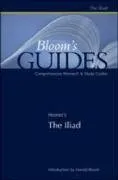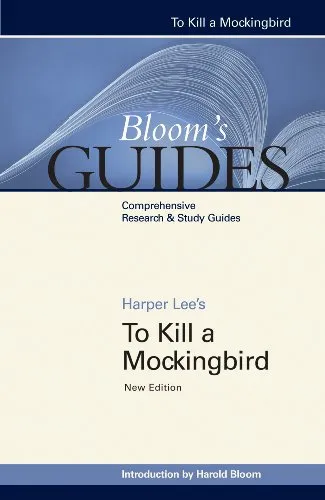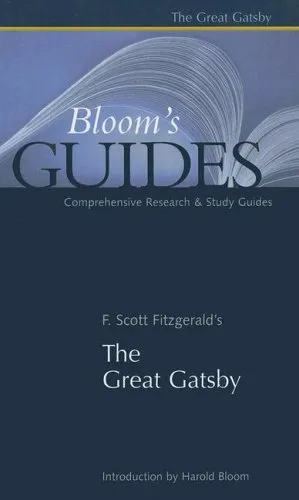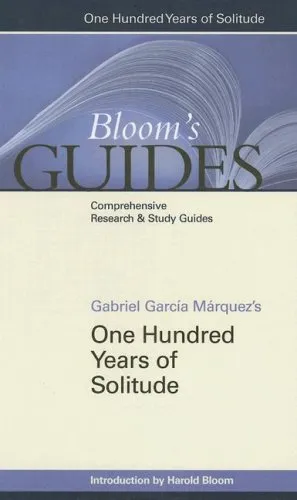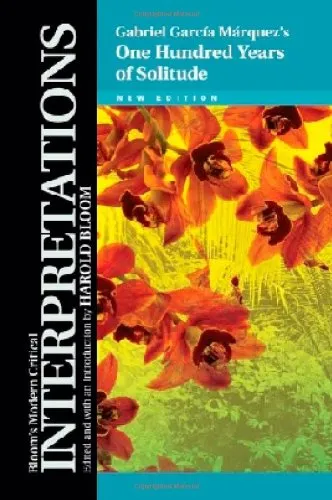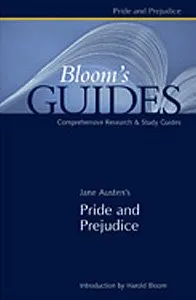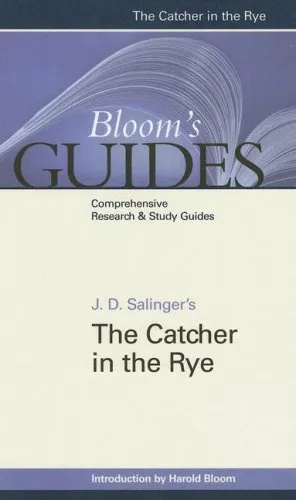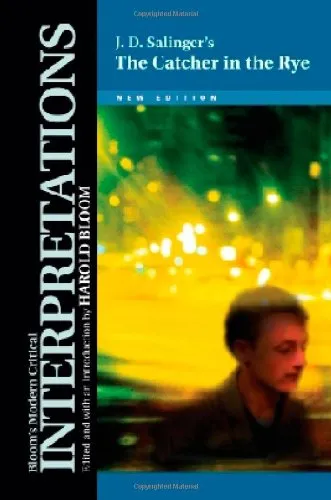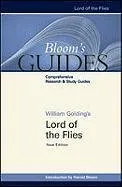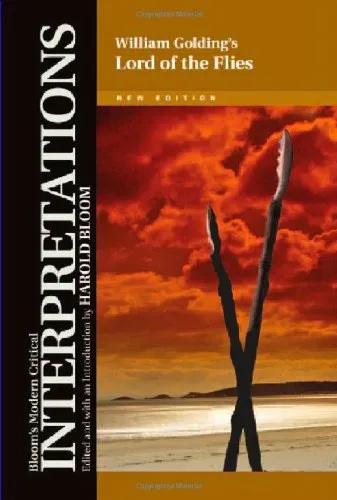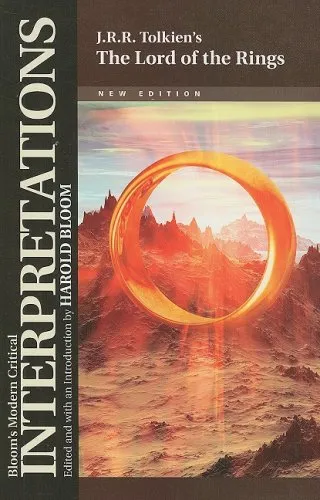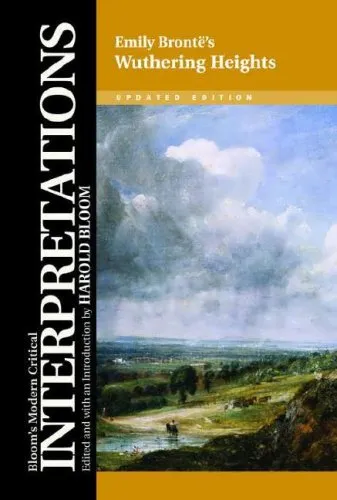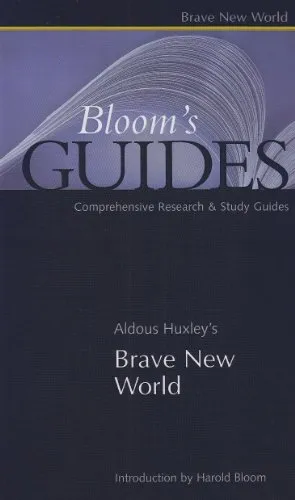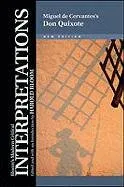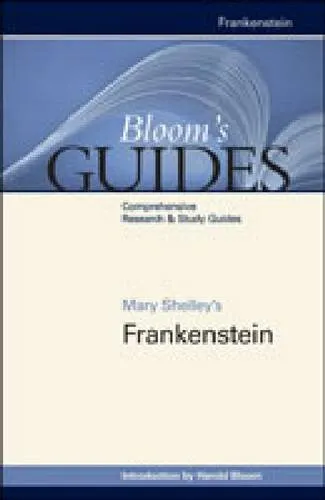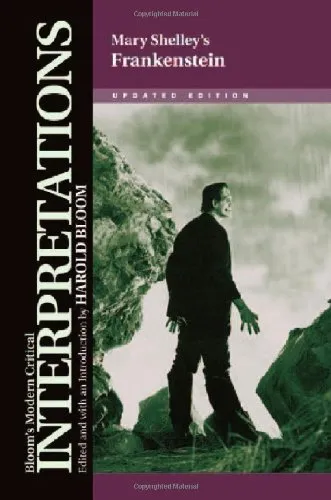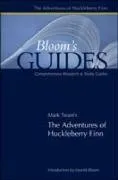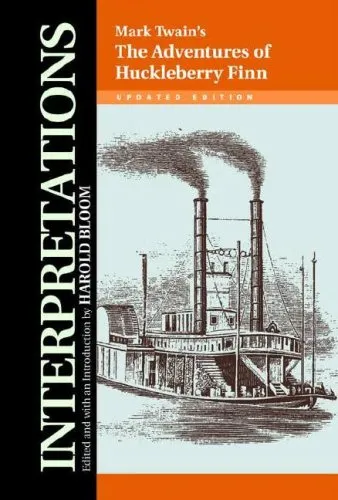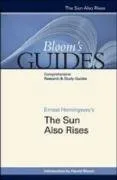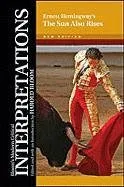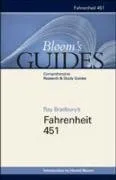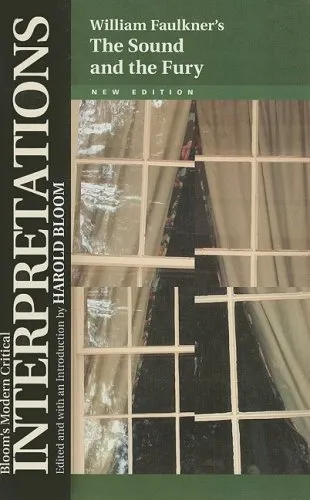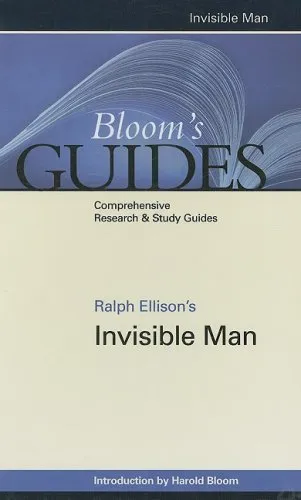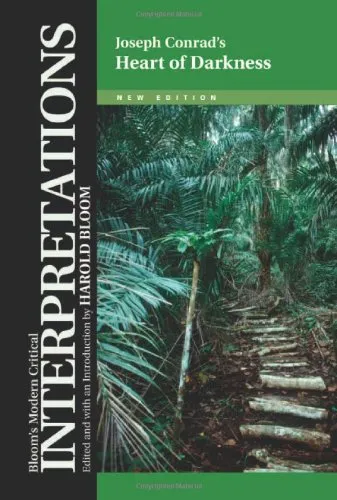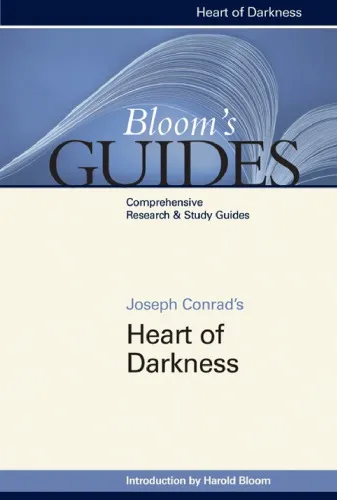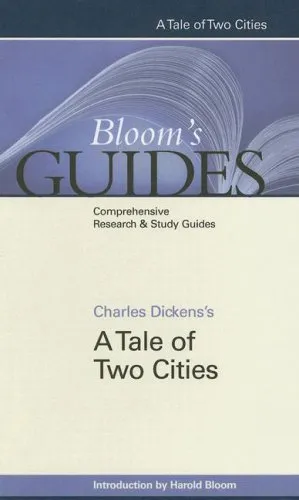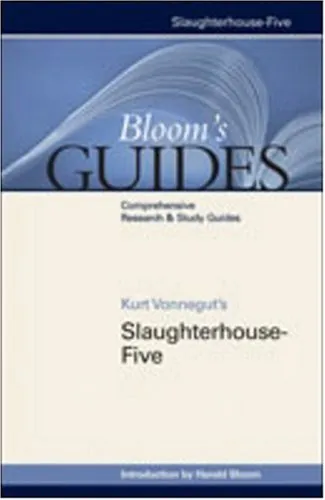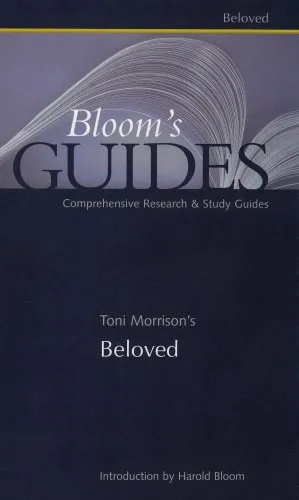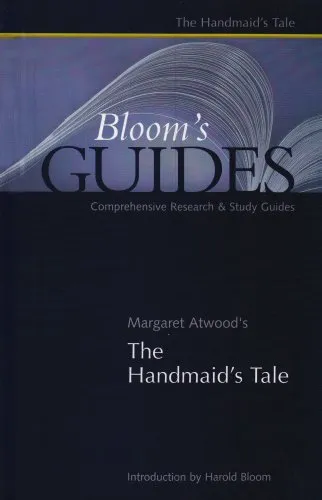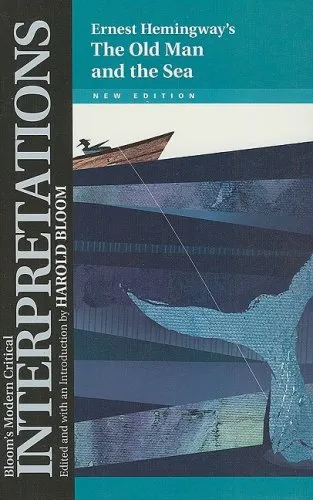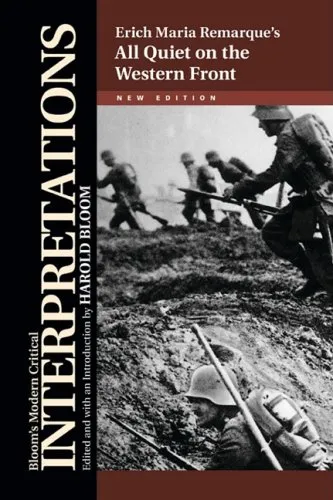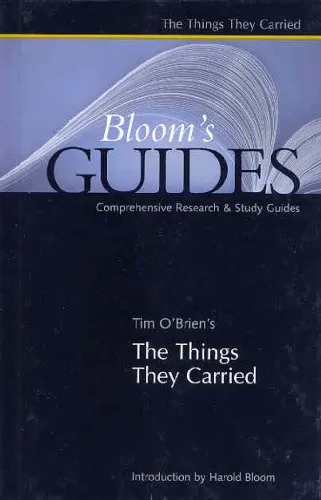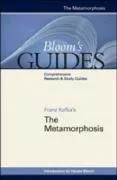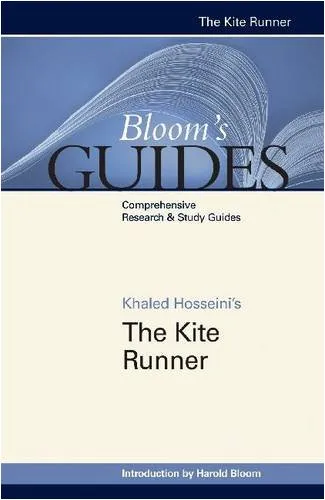Homer's The Iliad
3.9
Reviews from our users

You Can Ask your questions from this book's AI after Login
Each download or ask from book AI costs 2 points. To earn more free points, please visit the Points Guide Page and complete some valuable actions.Related Refrences:
Persian Summary
Introduction to 'Homer's The Iliad'
Homer's "The Iliad" stands as one of the most profound works of ancient literature, capturing the timeless themes of war, honor, and the capricious nature of fate. This epic poem, set during the final weeks of the Trojan War, not only explores the heroic battles between the Greeks and Trojans but delves deep into the human emotions, conflicts, and intricate relationships that define humanity. In this introduction, we will explore a detailed summary, key takeaways, famous quotes, and why this epic continues to matter today.
Detailed Summary of the Book
The Iliad begins in medias res, focusing on the Greek camp besieged outside the city of Troy. The story unfolds with the wrath of Achilles, the greatest warrior among the Greeks. Aggrieved by King Agamemnon, who forcibly takes Achilles' concubine, Briseis, Achilles retreats from battle, which sets off a chain of disastrous events. As the Greeks falter without their champion, the scene shifts between war councils, divine interventions, and significant battles that feature larger-than-life figures like Hector, the noble Trojan prince, and Paris, whose abduction of Helen sparked the conflict.
Central to the epic is the exploration of honor and pride. Achilles grapples with his identity and mortality, while Hector embodies duty and familial love even as he faces looming destruction. The gods, too, play a significant role, alternately aiding and thwarting the mortals. The poem culminates in a heart-wrenching realization of loss: Hector's death at Achilles' hands, followed by King Priam's daring plea for his son's body, leads to a poignant pause in hostilities, reflecting on the shared sorrows of the human condition.
Key Takeaways
At its core, "The Iliad" offers insight into the nature of heroism, the futility and glory of war, and the inexorable passage of time. It examines themes such as:
- The Consequences of Anger: Achilles' wrath underscores how unchecked emotions can have wide repercussions.
- Honor and Mortality: The warriors must continually prove themselves in battle, knowing that their actions will be remembered beyond their years.
- The Divine and the Mortal: The gods' whims dramatically impact human affairs, reflecting the ancient belief in fate and destiny.
Famous Quotes from the Book
Homer's "The Iliad" is replete with memorable lines that echo the depth of the human experience:
"Rage—Goddess, sing the rage of Peleus’ son Achilles, murderous, doomed, that cost the Achaeans countless losses."
"There is nothing alive more agonized than man of all that breathe and crawl across the earth."
"The lot of man—the light is to be won by cruel suffering. To blame the gods for this is cowardly."
Why This Book Matters
More than a tale of ancient heroism, "The Iliad" offers timeless lessons about the nature of human conflict and the pursuit of glory. In exploring the demands of destiny and the pain of loss, it echoes across cultures and eras, influencing countless works of literature and philosophy. Its themes reflect on the eternal human struggle between choice and fate, pride and compassion, as well as the persistent search for meaning amidst chaos.
The epic continues to capture the imagination, serving as a foundation stone for Western literature and a touchstone for exploring the complexities of human life through narrative. Through its rich oral tradition and seamless integration of mythical and mortal elements, "The Iliad" invites readers to ponder on the intricate dance of fate and free will.
Free Direct Download
You Can Download this book after Login
Accessing books through legal platforms and public libraries not only supports the rights of authors and publishers but also contributes to the sustainability of reading culture. Before downloading, please take a moment to consider these options.
Find this book on other platforms:
WorldCat helps you find books in libraries worldwide.
See ratings, reviews, and discussions on Goodreads.
Find and buy rare or used books on AbeBooks.
1433
بازدید3.9
امتیاز50
نظر98%
رضایتReviews:
3.9
Based on 0 users review
"کیفیت چاپ عالی بود، خیلی راضیام"
